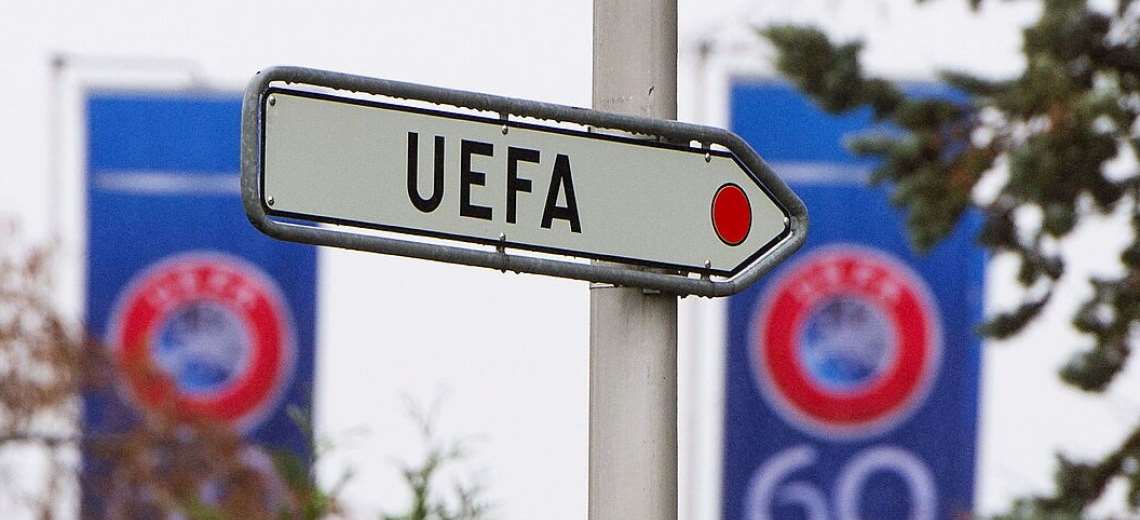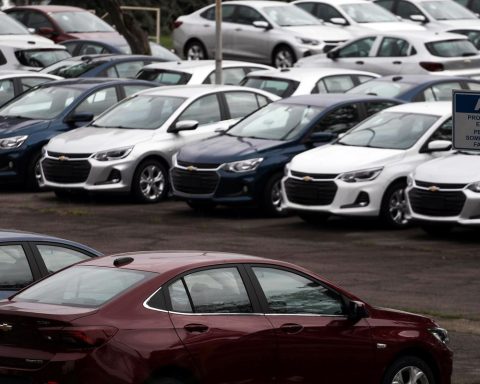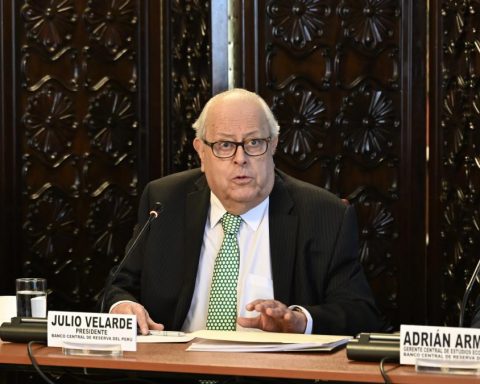More flexible, but more specific: UEFA on Thursday reformed its financial fair-play, allowing European clubs a greater deficit, while prohibiting them from spending all their income on salaries and signings.
As expected, the executive committee of the instance modified the budget rules introduced in 2010, pTo clean up lucrative European football, but in which sporting ambitions often prevail over financial rigor.
“The main innovation will be the introduction of equipment cost control”launched progressively to avoid the high rise in wages, the president of the instance, Aleksander Ceferin, told the press.
UEFA moves away from the strict accounting logic of financial fair play of the first period, doubling the admitted deficit over three years for each club (at €60m ($65.4m), taking it even to €90m ($98.1m) over the same period for a club “in good financial health”.
But at the same time, the organization introduces a long-awaited form of “wage ceiling”, common rule in North American sports franchises, but that it was impossible to transfer in a traced way to 55 federations with different legislations.
Specifically, clubs will have to limit the salaries of their players and coachestransfer expenses and agent commissions at 70% of their income from the 2025-2026 season.
If the term is so long, it is because the contracts in progress have an average conclusion of almost three years, forcing a gradual implementation: 90% of income in 2023-2024, and 80% in 2024-2025.
Clubs that do not respect these rules may receive previously established fines, according to the breadth of what they have passed, and that will later be distributed among the compliant clubs.
On the other hand, UEFA foresees transfer bans, loan limitations, relegation from one European competition to another and penalty points in the “mini-championships”, which will replace the group stages from 2024.
More flexible, but more specific: UEFA on Thursday reformed its financial fair-play, allowing European clubs a greater deficit, while prohibiting them from spending all their income on salaries and signings.
As expected, the executive committee of the instance modified the budget rules introduced in 2010, pTo clean up lucrative European football, but in which sporting ambitions often prevail over financial rigor.
“The main innovation will be the introduction of equipment cost control”launched progressively to avoid the high rise in wages, the president of the instance, Aleksander Ceferin, told the press.
UEFA moves away from the strict accounting logic of financial fair play of the first period, doubling the admitted deficit over three years for each club (at €60m ($65.4m), taking it even to €90m ($98.1m) over the same period for a club “in good financial health”.
But at the same time, the organization introduces a long-awaited form of “wage ceiling”, common rule in North American sports franchises, but that it was impossible to transfer in a traced way to 55 federations with different legislations.
Specifically, clubs will have to limit the salaries of their players and coachestransfer expenses and agent commissions at 70% of their income from the 2025-2026 season.
If the term is so long, it is because the contracts in progress have an average conclusion of almost three years, forcing a gradual implementation: 90% of income in 2023-2024, and 80% in 2024-2025.
Clubs that do not respect these rules may receive previously established fines, according to the breadth of what they have passed, and that will later be distributed among the compliant clubs.
On the other hand, UEFA foresees transfer bans, loan limitations, relegation from one European competition to another and penalty points in the “mini-championships”, which will replace the group stages from 2024.
;


















